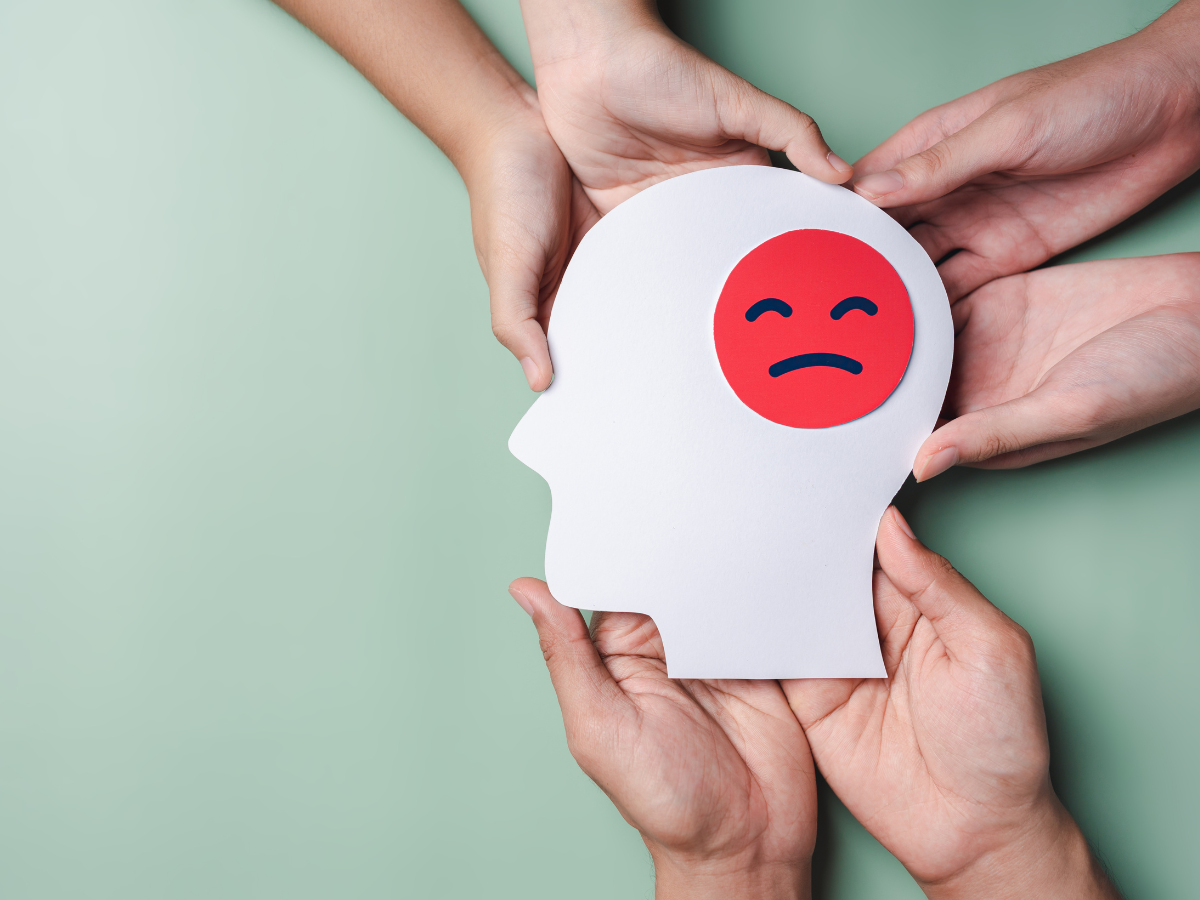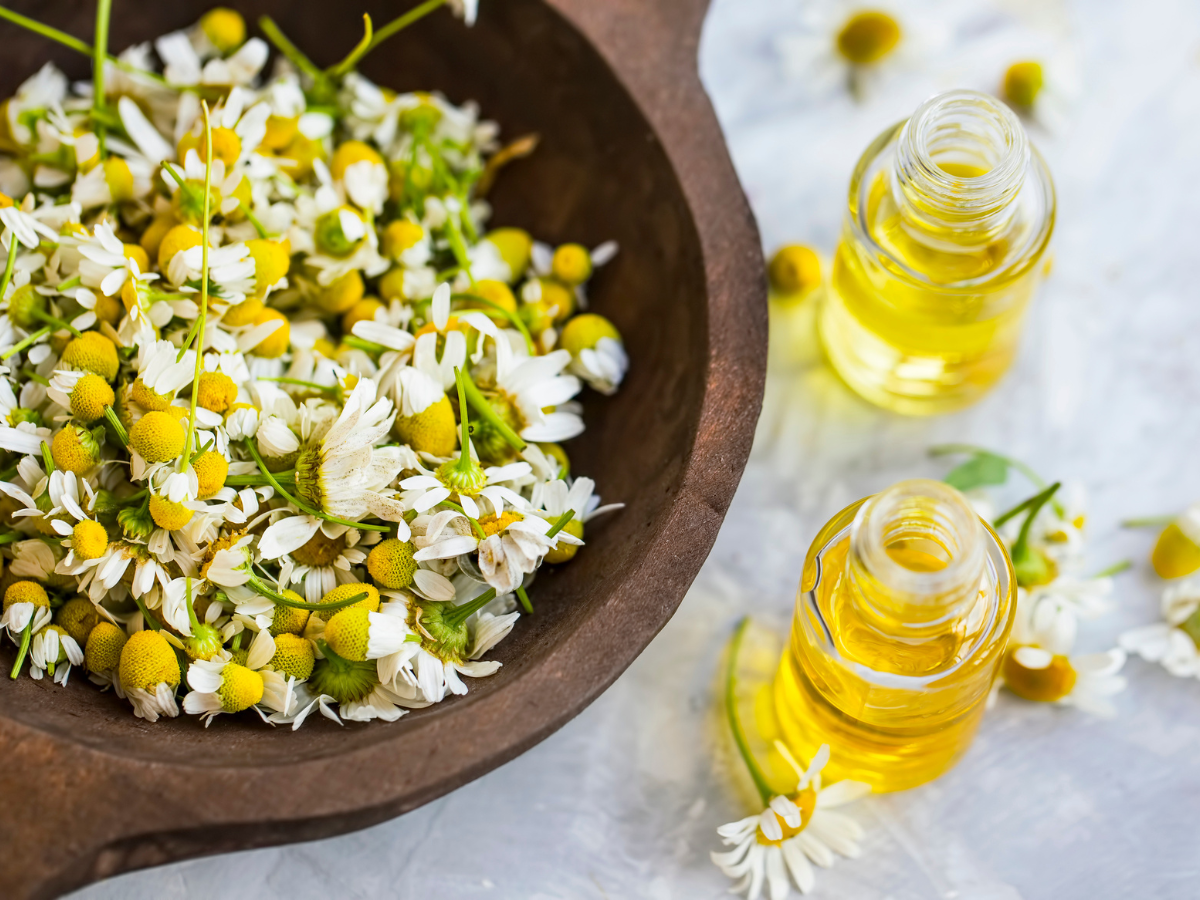Le stress est un phénomène courant dans la vie quotidienne. C’est en effet une réaction normale et physiologique du corps à des situations difficiles ou dangereuses mais il devient problématique lorsqu'il s’installe dans la chronicité.
Quels sont ses mécanismes et quels actifs peuvent limiter son impact ? Réponses dans cet article.
Mécanismes du stress
Le stress est une réponse du système nerveux face à une situation perçue comme une menace ou un défi. Lorsqu'une personne est exposée à un facteur stressant, le cerveau déclenche une réaction en chaîne:
L'hypothalamus libère des hormones de stress appelées corticotrophines (CRH). Ces hormones stimulent l'hypophyse, une glande située à la base du cerveau, pour libérer l’hormone adrénocorticotrope (ACTH). L'ACTH atteint les glandes surrénales, situées au-dessus des reins, et stimule la production de cortisol.
Le cortisol a des effets puissants sur le corps, augmentant la fréquence cardiaque, la pression artérielle et la glycémie, tout en bloquant temporairement les fonctions non essentielles telles que la digestion et la reproduction. Dans le même temps sont sécrétées les fameuses catécholamines (dopamine, adrénaline et noradrénaline).
Ces réactions physiologiques ont ainsi pour but de préparer le corps à réagir rapidement mais sont aussi temporaires pour ne pas affecter l’organisme. Les hormones du stress, cortisol et catécholamines, vont agir ensuite en rétrocontrôle sur le cerveau.
Cependant, une exposition prolongée au stress entraine une sécrétion excessive de cortisol et empêche ainsi la récupération et le retour à l’équilibre épuisant le corps et ayant des effets néfastes sur la santé.

Effets du stress chronique sur le corps
Un stress excessif peut avoir de nombreux effets négatifs sur le corps.
Cardiovasculaires: il peut augmenter le risque de maladies cardiovasculaires telles que l'hypertension artérielle, les accidents vasculaires cérébraux et les crises cardiaques.
Digestifs: il peut causer des troubles digestifs tels que des douleurs abdominales, des ballonnements et des diarrhées.
Endocriniens: le stress chronique affecte la production d'hormones telles que l'insuline, ce qui peut entraîner des problèmes de santé tels que le diabète.
Immunitaires: il peut affaiblir le système immunitaire, augmentant ainsi le risque d'infections virales, bactériennes…
Musculaires: le stress peut provoquer des tensions musculaires et des douleurs chroniques.
Mentaux: anxiété, dépression et des troubles du sommeil…
En complément de la mise en place de mesures essentielles d’hygiène vitale (alimentation saine, exercice physique régulier, oxygénation et respiration, etc.), certains actifs naturels peuvent aider le corps à résister en cas de stress intense.

Stress et actifs naturels
La Rhodiola: la rhodiola est une plante adaptogène originaire des régions arctiques et montagneuses d'Asie et d'Europe et connue pour ses propriétés anti-stress. Elle peut aider à réduire la fatigue, améliorer l'humeur et favoriser la résistance au stress.
L’Ashwagandha: l'ashwagandha est une autre plante adaptogène, originaire d'Inde, qui est souvent utilisée dans la médecine ayurvédique. Les recherches montrent qu’elle peut aider à réduire les niveaux de cortisol dans le corps. Elle permet d’améliorer la résistance physique et mentale, l'humeur et de réduire l'anxiété.
La Camomille: la camomille est une plante aux propriétés relaxantes qui peut aider à calmer les nerfs et favoriser la relaxation. Elle est souvent consommée sous forme de tisane pour soulager le stress et l'anxiété.
La Passiflore: la passiflore une plante originaire des régions subtropicales d'Amérique du Sud. Elle est souvent utilisée pour aider à réduire l'anxiété et l'insomnie.
La Valériane : la valériane est une plante sédative qui peut aider à soulager l'insomnie et la nervosité causées par le stress.
Le Millepertuis: le millepertuis est une plante souvent utilisée pour traiter la dépression légère à modérée. Il peut également aider à réduire l'anxiété et le stress. Attention cependant, il interagit avec de nombreuses substances médicamenteuses !
La L-théanine: la L-théanine est un acide aminé présent naturellement dans le thé vert. Elle a des effets relaxants sur le cerveau et peut aider à réduire l'anxiété et favoriser la concentration.
Le Magnésium: le magnésium est un minéral important impliqué dans de nombreuses fonctions du corps, y compris la régulation du stress. Une carence en magnésium peut augmenter la réactivité au stress, il est donc important de maintenir des niveaux adéquats.

Il est important de noter que ces actifs naturels peuvent être bénéfiques pour certains individus, mais leurs effets peuvent varier. Il est recommandé de consulter un professionnel de la santé avant d’utiliser des compléments alimentaires, surtout en cas de troubles de santé existants ou de prise de médicament.


